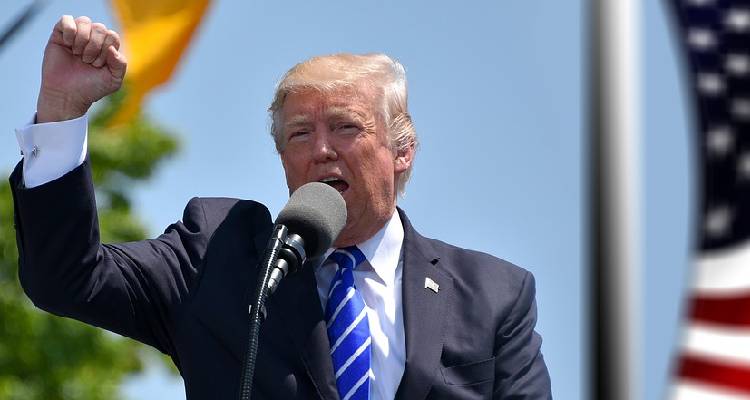

The Trump Administration’s tariffs on most US trading partners are expected to impact all 510(k)-approved medical devices manufactured outside of the US (OUS). Thus, companies with OUS manufacturing will be affected by tariffs, while companies that exclusively manufacture in the US will not be impacted. Therefore, to remain competitive in the US market, nephrology and urology (N&U) manufacturers may need to absorb increased costs from tariffs or move manufacturing to the US, says GlobalData.
According to GlobalData Medical Intelligence Center, the major player in dialysis, Fresenius Medical Care, occupied 30 per cent of the global N&U market share in 2024. Only 8.9 per cent of Fresenius Medical Care’s N&U 510(k) approved products are manufactured solely in the US, according to GlobalData’s MedSource Database, which tracks the medical device supply chain.
Selena Yu, Senior Medical Analyst at GlobalData, comments, “Many N&U manufacturers are involved in dialysis care. With over half a million dialysis patients in the US, any delays or cost increases due to Trump’s tariffs are detrimental.”
According to MedSource, the only N&U products fully manufactured in the US are disposables like dialysers and concentrates, rather than machinery such as in-center dialysis machines. Since dialysers for hemodialysis represent a large product group for Fresenius Medical Care, and its product lines Hemoflow and Optiflux are entirely manufactured in the US, the impact of tariffs on this segment would have been minimal to none.
However, in the company’s 2024 annual report, it was announced that all dialysis manufacturing operations would be transferred from the US to its facility in Mexico as a way to alleviate increased global cost pressures. Currently, Fresenius Medical Care has not released a statement reversing this plan. Thus, a large revenue stream for it is at risk of tariff-associated cost increases.
Fresenius Medical Care not only manufactures devices but also serves as a healthcare provider for dialysis patients. Therefore, any delays or increased costs associated with tariffs will directly affect their US dialysis patients. Currently, Fresenius Medical Care serves over 200,000 patients in the US. Additionally, over €12.7 billion in revenue, or 87.3 per cent of its Care Delivery segment—encompassing dialysis clinics and their services—comes from the US alone. Consequently, any delays or issues resulting from Trump’s tariffs would significantly impact dialysis care for thousands of patients and impact Fresenius Medical Care’s revenue in the region.
Boston Scientific, another large market holder in N&U, has 73.8 per cent of its Q1 2025 revenue in urology in the US. Still, only 4.6 per cent of products are solely made in the US and can be negatively impacted by tariffs. CEO of Boston Scientific, Mike Mahoney, mentioned in the company’s Q1 2025 earnings report that tariffs could impact the company by over $200 million that they will be able to absorb. Therefore, the company plans to minimise the effect through increased sales, reduced discretionary spending, and expanded manufacturing investments in the US.
Yu concludes, “The objective of providing high-quality, accessible care for patients is often an afterthought in discussions about Trump’s tariffs on healthcare. It is unclear whether tariffs will affect care quality. Various factors, including moving facilities and cutting potential costs added by tariffs, can lead to a decrease in product quality.”




